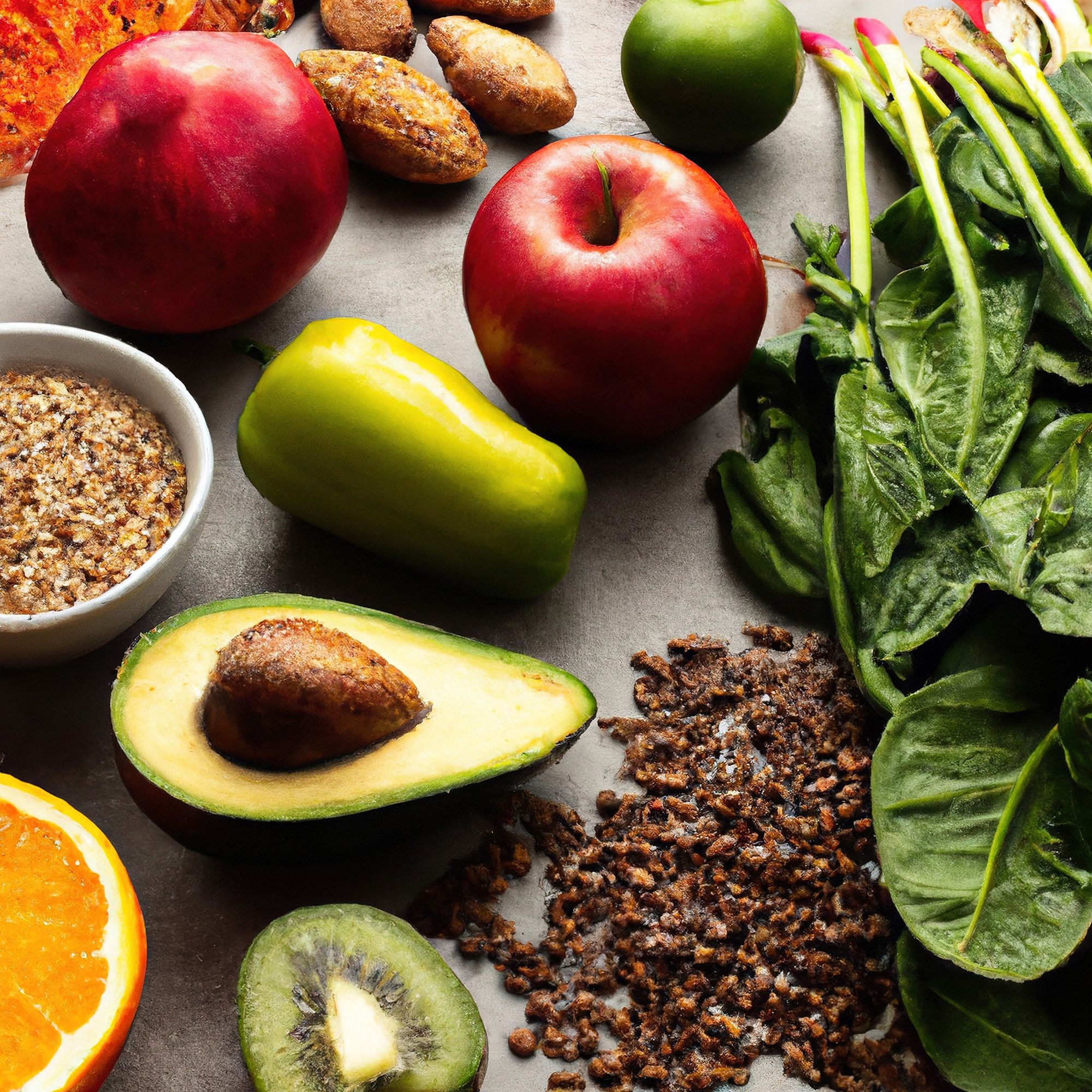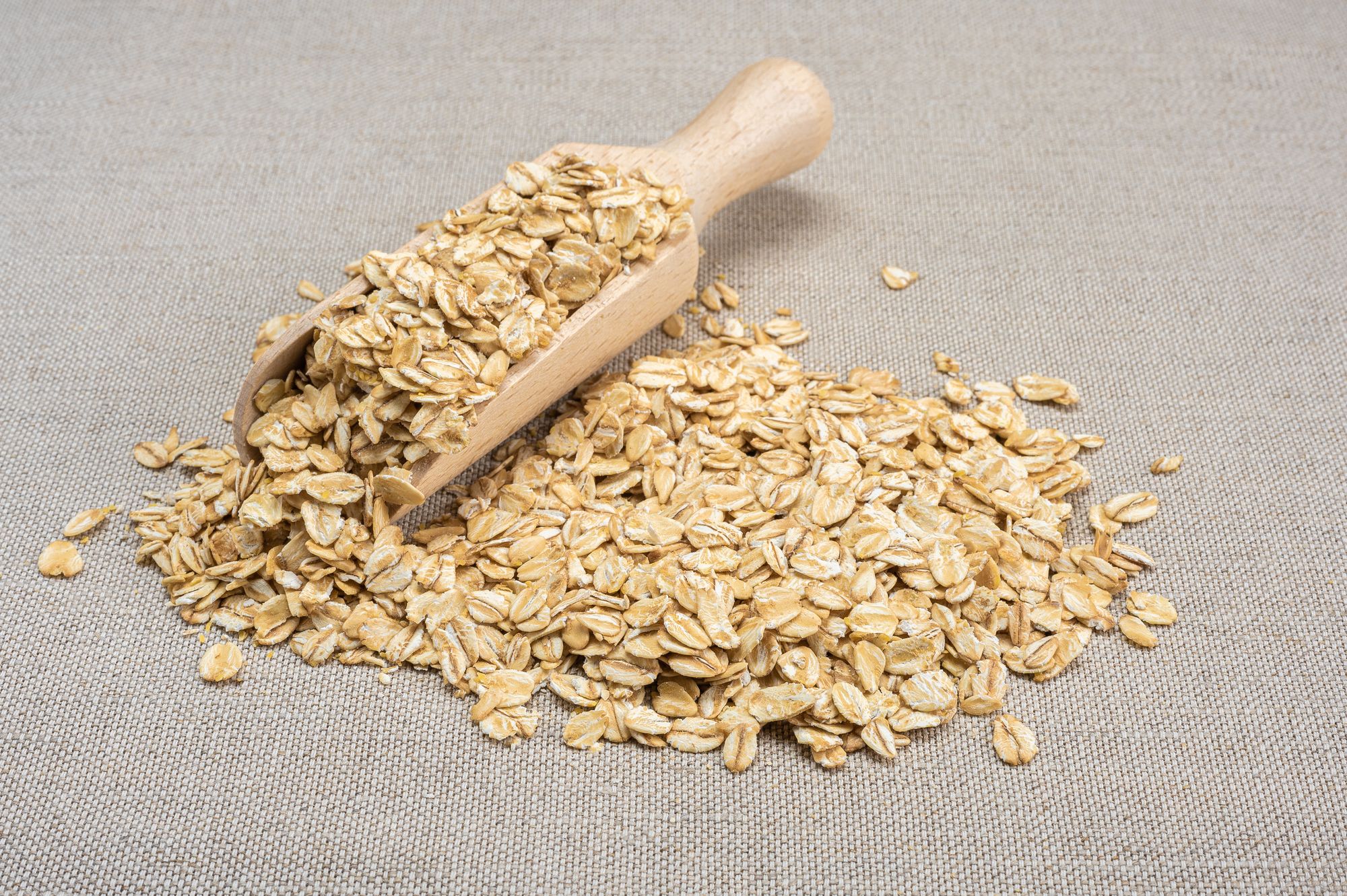The way you kickstart your morning can have a significant impact on your overall well-being. Whether you meticulously plan your breakfast or hastily grab something on the go, the choices you make can influence your health in various ways. Unfortunately, certain breakfast habits are known to wreak havoc on your body and overall well-being, according to dietitians.
"Breakfast habits play a vital role in our overall health and well-being. By recognizing and modifying these habits, we can positively influence our diets and enhance our overall health," explains Mary Sabat MS, RDN, LD. "Ensuring sufficient water intake, reducing added sugar, incorporating protein-rich foods, and opting for healthier breakfast options can lay the groundwork for a nutritious and balanced diet." However, it's important to address the worst breakfast habits that dietitians advise us to limit if we aim to start our day off right. Let's delve into the detrimental breakfast habits that may be wreaking havoc on your health.
1) Excessive Sugar Intake:

Starting your day with a sugar overload is one of the worst breakfast habits to adopt. Foods like muffins, donuts, and sugary cereals offer little nutritional value and can lead to weight gain, energy crashes, and an increased risk of chronic conditions like heart disease and diabetes. Be mindful of added sugars in your coffee or other morning beverages as well. Opt for healthier breakfast options that are low in added sugars and rich in nutrients.
2) Neglecting Fruits and Vegetables:

Breakfast is an ideal time to include servings of fruits and vegetables in your daily intake. These nutrient powerhouses provide essential vitamins, minerals, and fiber that support overall health. Most people fall short of the recommended intake, so take the opportunity to incorporate them into your morning meal. Add fresh or frozen fruits to cereal or oatmeal, have a side of fruit, blend them into smoothies, or include veggies in your omelet to boost your nutritional intake.
3) Inadequate Protein Consumption:

Skipping protein in your morning meal can leave you feeling hungry and unsatisfied, leading to cravings and overeating later in the day. Protein is essential for building and repairing tissues, regulating appetite, and supporting muscle health. Include protein-rich foods like eggs, Greek yogurt, cottage cheese, lean meats, nuts, or plant-based protein sources in your breakfast. These options will help you feel satiated and provide sustained energy throughout the day.
4) Drinking Coffee Before Eating:

While a cup of coffee in the morning can provide a boost of energy, consuming it on an empty stomach can have negative effects. Drinking coffee before eating can disrupt your blood sugar levels and lead to jitters, anxiety, and digestive discomfort. It may also suppress your appetite, causing you to skip or delay breakfast, which can result in overeating or making unhealthy food choices later. Enjoy your coffee after having a balanced breakfast to minimize these potential issues.
5) Insufficient Fiber Intake:

Fiber plays a crucial role in promoting digestive health, maintaining stable blood sugar levels, and supporting heart health. Many breakfast options are low in fiber, but it's essential to prioritize its inclusion. Opt for whole grain bread or cereals, oatmeal, chia seeds, flax seeds, fruits, and vegetables. These fiber-rich choices will help you feel fuller for longer, aid in digestion, and support healthy cholesterol levels.
6) Not Drinking Enough Water:

Hydrating your body in the morning is often overlooked but has numerous benefits. Drinking enough water helps maintain optimal bodily functions, supports digestion, aids in nutrient absorption, and promotes overall well-being. Dehydration can lead to fatigue, lack of focus, and reduced metabolic efficiency. Start your day by hydrating with a glass of water before reaching for your coffee or other beverages.
7) Overlooking Gut Health:

A healthy gut microbiome is essential for digestion, immune function, and mental well-being. Including gut-friendly foods in your breakfast can make a significant impact on its health. Incorporate fiber-rich plant foods like whole grains, legumes, and fruits, as they contain prebiotics that nourish beneficial gut bacteria. Fermented foods such as yogurt, kefir, sauerkraut, or kimchi provide probiotics that introduce beneficial bacteria into the gut. Prioritizing gut health can lead to improved digestion, enhanced immune function, and better overall health.
8) Skipping Breakfast:

Skipping breakfast can have negative effects on your metabolism, energy levels, and overall health. It can lead to excessive hunger, poor food choices, and disrupted appetite regulation throughout the day. Research suggests that individuals who regularly eat breakfast have better weight management, improved cognitive function, and reduced risk of chronic diseases. Aim to start your day with a balanced and nourishing breakfast that includes a combination of protein, fiber, healthy fats, and carbohydrates.
By avoiding these detrimental breakfast habits and opting for healthier choices, you can revitalize your morning routine, improve your overall health, and set the stage for a productive and energetic day ahead.

